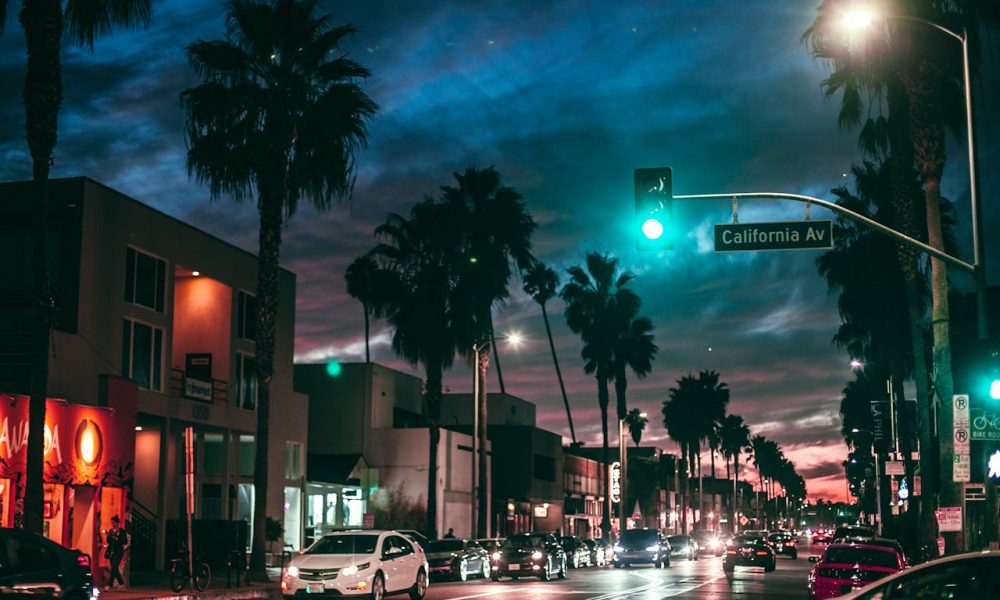
6 Compelling Reasons Why You Should Drive Slower At Night

Driving at night might offer the solace of quiet roads and a cooler breeze, but it also brings a unique set of challenges. Why should you drive slower at night? Well, it is not just about avoiding traffic tickets. Here are six compelling reasons why easing off the gas pedal after dusk could help you stay safe and have a smoother ride.
Reduced Visibility is the Main Reason Why You Should Drive Slower at Night
Even with the best headlights on the market, driving at night means your visibility is significantly reduced compared to daytime driving. The darkness can make it tough to spot pedestrians, animals, or unexpected obstacles. High beams may illuminate further. But they also risk blinding oncoming traffic.
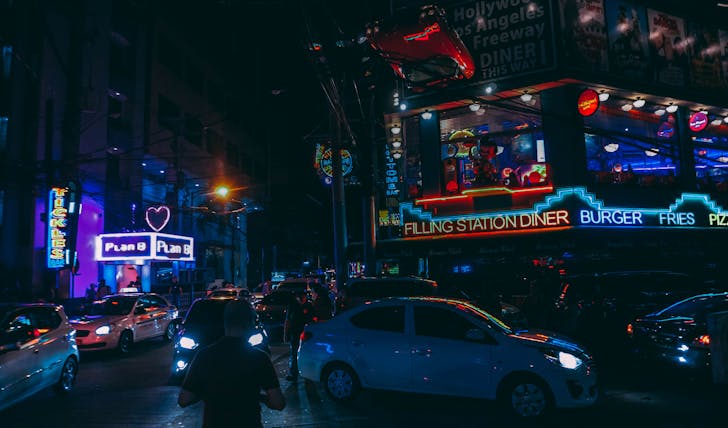
Mike / Pexels / At night, visibility is reduced and you can barely see! It is one of the primary reasons why you should drive slower at night.
So, by driving slower at night, you give yourself more time to spot potential hazards and react safely.
Impaired Drivers Might be Driving At Night!
One unsettling truth about driving after dark is the increased likelihood of encountering impaired drivers. Whether due to alcohol, drugs, or fatigue, these drivers pose a serious risk on the road. Why should you drive slower at night?
Because with an impaired driver’s unpredictable behavior, your ability to anticipate their movements is reduced. A slower speed allows more time to assess the situation and take necessary action to avoid a collision.
Fatigue Sets In Faster
After a long day of work or social activities, fatigue can start to creep in when the sun goes down. Your brain naturally winds down for the day, which can lead to drowsy driving. The National Highway Traffic Safety Administration estimates that drowsy driving causes over 100,000 crashes each year in the U.S. alone.
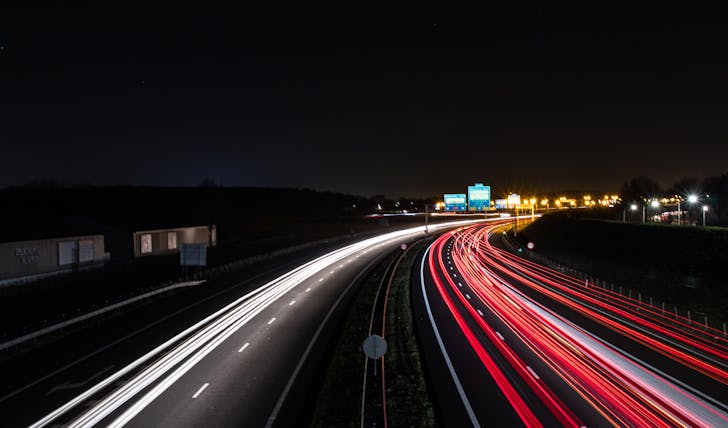
Much / Pexels / As the Sun goes down, so does your brain as fatigue creeps in after a long day. Hence, it is best to drive slower at night.
Slowing down provides a crucial buffer. It offers more time to correct mistakes and prevent potential accidents when your reaction times are dulled.
Animals are More Likely to be On the Move
Nighttime is when many animals, particularly deer, become more active, often crossing roads in search of food or a mate. This is especially true in rural or wooded areas. Collisions with deer and other wildlife are common and can result in serious damage to your vehicle and potentially severe injuries.
Thus, by reducing your speed at night, you will have a better chance of spotting animals in time to slow down or stop. This will help you prevent a potentially costly and dangerous accident.
Glare and Bright Lights Affect Your Vision
Headlight glare from oncoming traffic or streetlights can lead to temporary blindness, especially if you are not using your low beams. Plus, older drivers or those with certain vision conditions are more susceptible to glare. This makes night driving challenging and disorienting.
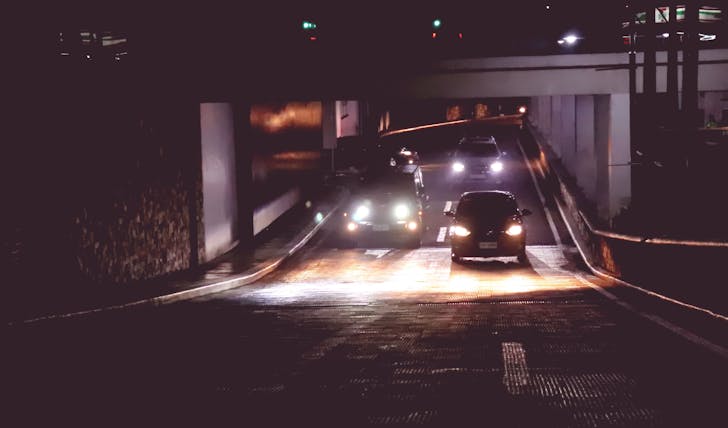
EFCE / Pexels / Bright light blur your vision as you drive at night. So, it is best to drive slower as you can control the vehicle with ease.
By driving slower at night, you can reduce the effects of glare by giving yourself more time to adjust to changing light conditions and maintain control of the vehicle.
Unfamiliar Road Hazards Might Happen
Why should you drive slower at night on unfamiliar roads? Because potholes, debris, or sudden curves can all catch you off guard in the dark, especially if you are unfamiliar with the area. Without the benefit of clear daylight, these hazards are more difficult to spot and avoid.
Slowing down ensures you are better prepared to handle these surprises with minimal risk of damage or injury.
More in Life Hacks
-
`
NASA Brings Starliner Spacecraft Back to Earth Without Crew
In a significant development for the space industry, NASA has announced its decision to bring Boeing’s Starliner spacecraft back to Earth...
September 5, 2024 -
`
Clare Cavanagh’s Top 10 Funniest Moments on the Internet
When it comes to online humor, Clare Cavanagh is someone who knows her way around a good laugh. As a comedian...
August 29, 2024 -
`
House and Senate Unite to Boost Maternal Health Options Across Massachusetts
The Massachusetts Legislature is taking significant steps to improve maternal health care across the state, with both the House and Senate...
August 24, 2024 -
`
How to Fix a Broken Tooth? Essential Procedures and Care
Breaking or chipping a tooth can be alarming, but it’s often manageable with prompt dental care. If a tooth is chipped,...
August 9, 2024 -
`
Enjoy a Day of Fun at the Shark Petting Zoo in Florida
A visit to the shark petting zoo in Florida is an experience that combines excitement, education, and unforgettable memories. This unique...
August 1, 2024 -
`
Is Melania Divorcing Trump if He Secures a Second Term?
As Donald Trump campaigns for a potential second term, Melania Trump’s conspicuous absence from his side has sparked speculation. With Trump’s...
July 25, 2024 -
`
The Complete Relationship Timeline of Sam Rockwell and Leslie Ribb
When it comes to Hollywood couples, few are as enduring and beloved as Sam Rockwell and Leslie Bibb. Their relationship, which...
July 15, 2024 -
`
5 Handy Ways of Getting Blood Out of Sheets
Waking up to a blood stain on your bedding is an unpleasant surprise. Figuring out how to get blood out of...
July 10, 2024 -
`
Will Ferrell’s Funniest Moments – The Best Quotes and Scenes
Will Ferrell, known for his outrageous humor and unforgettable characters, has delivered countless lines that have become ingrained in popular culture....
July 6, 2024

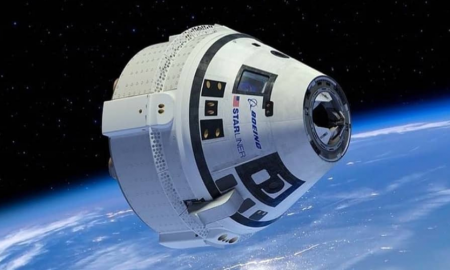

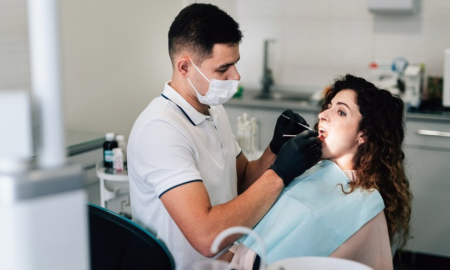

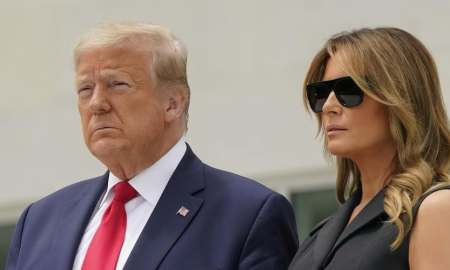


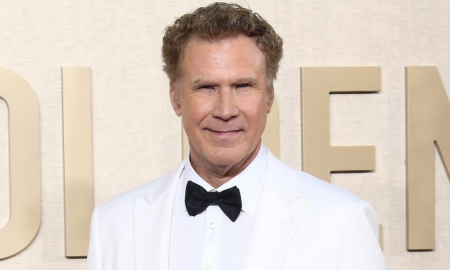
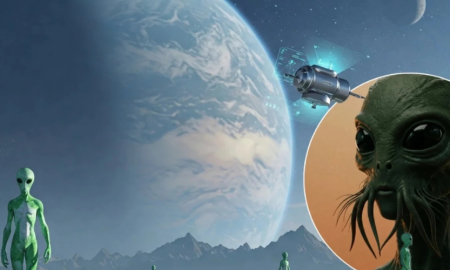




You must be logged in to post a comment Login